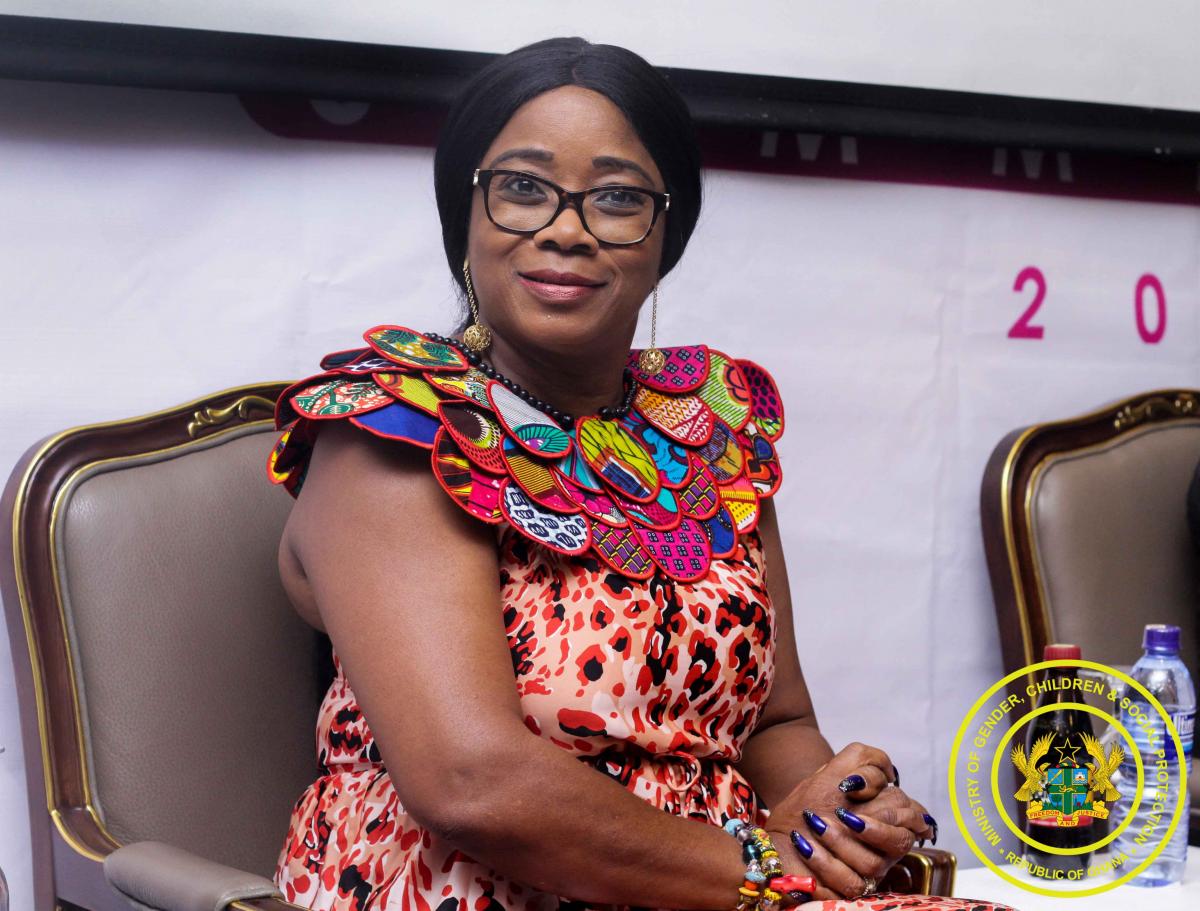Africa Integration Day-Experts Praise Efforts Made Thus Far

During the launch of the operational phase of the AfCFTA in Niamey, Niger on 7th July, 2019, AU Heads of State and governments decided that, 7th July of each year be designated as Africa Integration Day without it being a holiday, to commemorate the operationalization of the AfCFTA and popularise economic and social integration across the continent, as a lever of inclusive sustainable development.
African countries were encouraged to come up with commemorative activities to observe and celebrate the achievements of AfCFTA in the preceding year.
As we celebrate the maiden edition of the Africa Integration Day, Eye on Port engaged pundits assess how far the continent has come in its efforts to integrate and how member countries including Ghana are positioning themselves to harness the opportunities embedded in the continental free trade area agreement that have been signed by 54 out of 55 member countries and ratified by about 30 countries so far.
A technical advisor on multilateral, regional and bilateral trade to Ghana’s Ministry of Trade and Industry, Anthony Kwasi Nyame-Baafi explained that Ghana as a small market nation on the continent delights in the integration agenda of the region.
“Regional Integration is actually the way forward for our Social Economic Development as a nation.”
He said even bigger markets are equally enthused about the economic integration of Africa due to the enormous opportunity that it presents.
“We are anticipating that with the implementation of AfCFTA, it will actually boost Intra-African Trade for the benefit of Ghana and all other nations”
A principal policy advisor to the United Nations Economic Commission for Africa (UNECA), Joseph Atta-Mensah explained that having a free trade area is the same as having a regional integration and that not enough policies had been put in place by the continent to trade among itself in the past.
“You want to look at a point where you don’t want to stop exporting cocoa in its raw from, you want to be able to export chocolate rather and compete with the Belgians. Therefore, it requires you to see how you can make your chocolate very competitive in the global market place. And I think this is the opportunity.”
While praising all efforts made by African leaders to bring the integration agenda to fruition, Joseph Atta-Mensah advised Ghana to take advantage and create a financial hub and focus on relying on manufacturing to remain competitive.
“Since Trade is going to come, there will be movement of capital, there will be movement of equity, there will be movement of the financial market. So why don’t you look at making Ghana a financial hub”
National President of the Borderless Alliance, Ziad Hamoui said civil society is excited that the continent has moved from conversation on commitment to implementation and urged stakeholders to come together and build a resilient agenda.
“I cannot personally believe that investors are trooping to Africa and there is no potential nor investment opportunities. There is an Investment opportunity, there is a high quality product that value needs to be added, manufactured and produced in-house within the continent and then Traded across.”
He said there had been lack of clarity in previous regulations and therefore commended dispute regulation protocols instituted in AfCFTA.
“There will be an established body similar to what the World Trade Organization has which may have the powers to sanction some of the countries that will flout regulations.”
The policy advisor to UNECA highlighted lessons that can be drawn from sub-regional economic bodies like ECOWAS, SADC, ECAS, UEMOA.
Anthony Name-Baafi highlighted structures and actions Ghana has taken to harness the potential of AfCFTA.
He said COVID-19 had disrupted initiatives that were near their conclusive stages.
On easing up border restrictions by member countries the pundits urged caution.


